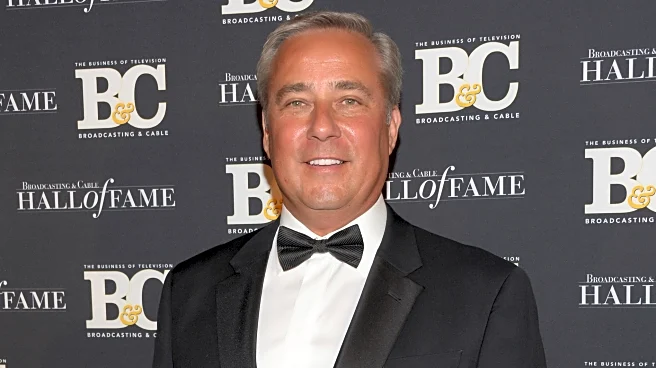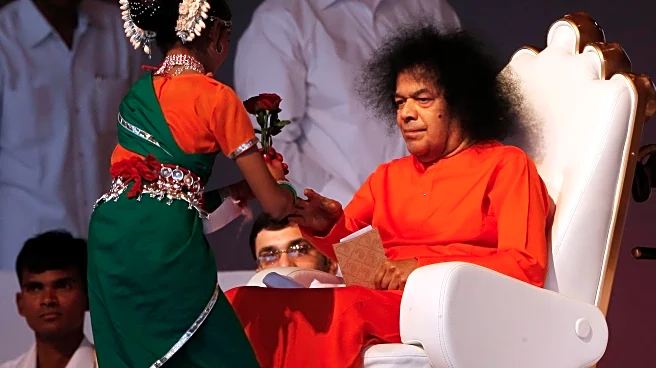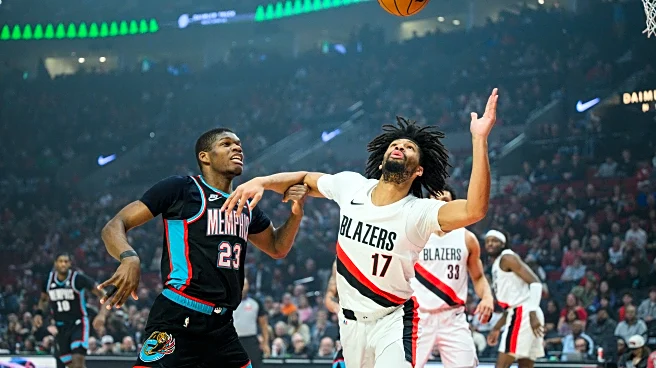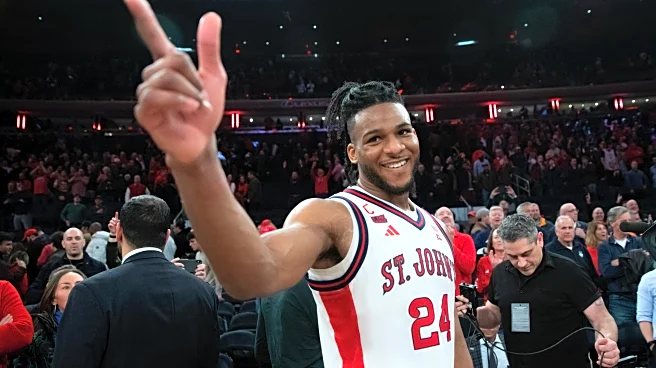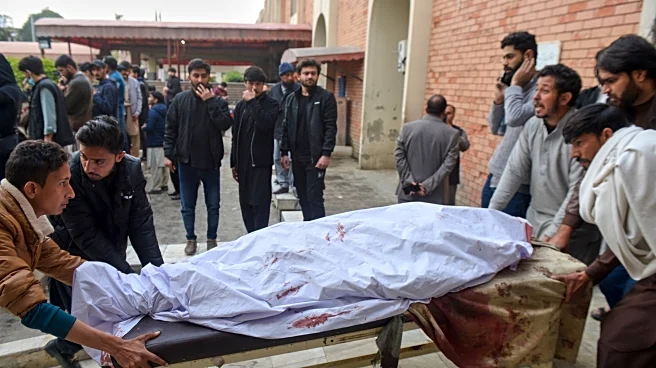What's Happening?
The Baltimore Ravens, currently holding a 3-5 record, are preparing to face the Minnesota Vikings following two consecutive victories. Despite a challenging start to the season, the Ravens have shown resilience, notably defeating the Chicago Bears 30-16
in Week 8. Amidst this turnaround, speculation arose regarding the future of head coach John Harbaugh and his staff, particularly offensive coordinator Todd Monken. Monken, who has a history with Oklahoma State University (OSU), was considered a candidate for their head coaching position after the firing of Mike Gundy. However, recent reports indicate that Monken is no longer in the running for the OSU job, though it remains unclear whether he declined the offer or was removed from consideration.
Why It's Important?
Todd Monken's decision to remain with the Ravens is significant for the team's stability and future performance. Monken's experience and strategic acumen have been instrumental in the Ravens' recent successes, and his continued presence could bolster the team's offensive capabilities. For Oklahoma State, the search for a new head coach continues, impacting their football program's direction and recruitment strategies. Monken's choice also reflects the competitive nature of coaching positions in both college and professional football, highlighting the importance of strategic career decisions in the sports industry.
What's Next?
With Monken staying with the Ravens, the team will likely continue to build on their recent victories and aim for a stronger finish to the season. Oklahoma State will need to explore other candidates for their head coaching position, which could lead to further changes in their football program. The Ravens' upcoming game against the Vikings will be a test of their ability to maintain momentum and improve their standing in the league.
Beyond the Headlines
Monken's decision not to pursue the OSU position underscores the complexities of career choices in sports coaching, where factors such as team dynamics, personal aspirations, and professional challenges play crucial roles. This situation also highlights the interconnected nature of college and professional football, where coaching movements can have ripple effects across different levels of the sport.


